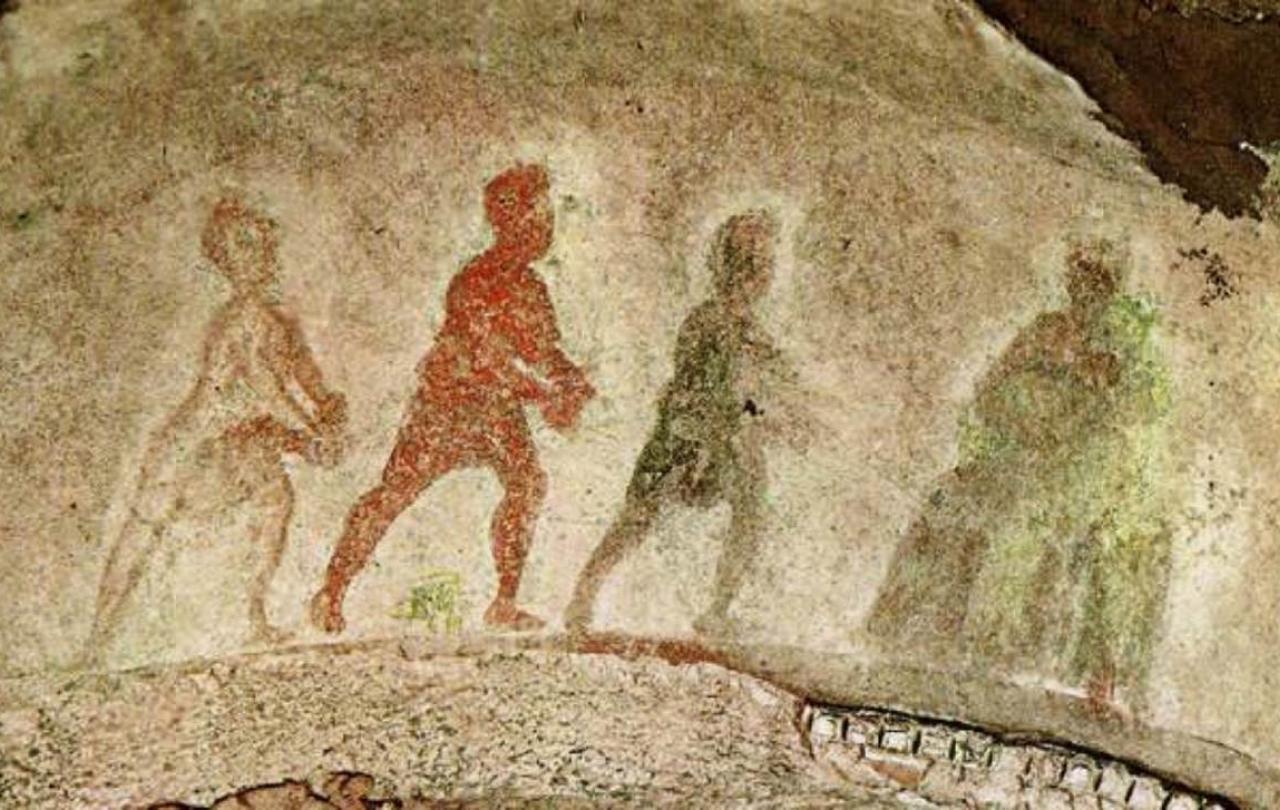It is hard to pity entitled, overpaid footballers. Until, that is, it comes down to penalties after extra time. Even when you do not care who wins, the drama of the penalty shootout is so intense and all-consuming that every heart rate quickens.
Is there a more exquisite form of sporting torture?
Sport is laden with cliché, and the refrain, ‘it’s come down to the lottery of penalties’ is an established part of the lexicon. But is it just the spin of the roulette? That you can’t prepare effectively for the cauldron of the stadium?
Not according to Geir Jordet, it isn’t. The Norwegian Professor of Psychology and Football is on a mission to convince the world there is lots you can do to get ready and those that don’t are more likely to fail.
There is skill involved in taking a penalty, an ability that can be honed with practice. Individual players can be trained to take their time (but not too long), to establish a routine that helps them take control of the situation, to take careful breaths, and to focus. They can be helped with blocking out the trash talk of opponents, especially goalkeepers, who subtly try to get under their skin in the seconds leading up to a penalty. Extensive research can be carried out by data-rich backroom staff to help with preparation. And behind all this is the recognition that taking a penalty is a team effort, not an individual one.
This latter observation feels especially counter intuitive. There is nothing more lonely than the appearance of one man or woman taking the long walk from the centre circle to the penalty spot. But teams can support one another with words of encouragement and touch. Not just in the grasping of each other’s shoulders in the centre circle, but in reaching out to those who both score and miss. One reason Geir Jordet advises that the manager should choose penalty takers rather than look for volunteers is that they then can take full responsibility for the outcome. It is hard to believe there are still times when a manager looks around at players after extra time, hoping to see in the eyes who is up to the task. These duties should be sorted out in advance, with back-up plans for when players are injured or substituted.
Deciding war between opposing tribes based on an individual contest was quite common in the ancient world – effectively moving to the penalty shootout before the game, to save the effort.
Jordet, in his stimulating book Pressure: Lessons From The Psychology Of The Penalty Shoot Out says that anxiety is normal and should be embraced. Greater openness round mental wellbeing is allowing the modern professional to admit this. Erling Haarland, one of the world’s most accomplished goal scorers, has shared the fear he regularly feels round taking a penalty; it is hard to imagine a player from the 1970s saying the same.
Missing a penalty in the shootout is inevitable; the only way it can conclude. And statistics show that the world’s greatest players, like Lionel Messi, are not notably better at converting penalties than others. On average, the best players have around an eighty percent success rate (which, significantly, is one missed penalty out of five in a shootout). As in other professions, the best results are achieved by creating systems and cultures that can adapt quickly and honestly to errors and learn from them without humiliating those who fail.
Reading the book cast my mind back to the archetypal shootout between David and Goliath. Deciding war between opposing tribes based on an individual contest was quite common in the ancient world – effectively moving to the penalty shootout before the game, to save the effort. Perhaps David should have lost it, and not just because of his size. Beforehand, he had a serious bust up with his side and those who did not see him as a team player. Then Goliath trash talked him like Emi Martinez is famed for with Aston Villa and Argentina. And finally, he ran up to take his shot very quickly, without much reflection. But then again, Geir Jordet would be the first to point out that preparing badly for a contest does not mean you can’t win it – just that you are less likely to.
Football is a global language and the penalty shootout is like the cataclysmic end to a Shakespearian tragedy. English fans are long suffering audiences of this trauma – from Italia 90 to Wembley 2021, via the 1996 Euros when football was coming home until a last minute wrong turning. But many other nations have under-achieved at penalties, like Holland and Spain and, more recently, France. Roberto Baggio of Italy missed the decisive penalty in the first World Cup Final to go to penalties in 1994. He says of it:
‘I failed that time. Period. And it affected me for years. It was the worst moment of my career. I still dream about it.’.
The personal stakes are as high, if not higher, than the nation’s.
We are left with the feeling that hugely divergent outcomes can emerge from the smallest and most random of causes. The human tendency is then to rationalise the outcome in ways that make it seem inevitable. Geir Jordet is aware of this in football, but in other walks of life, we continue to build up wobbly cases on shallow evidence as a way of warding off anxiety or the fear that others will think we are clueless if we admit to the existence of chance. Most people are right less than eighty percent of the time; something we might hold in mind when the next England players make that solitary walk to the penalty spot.





